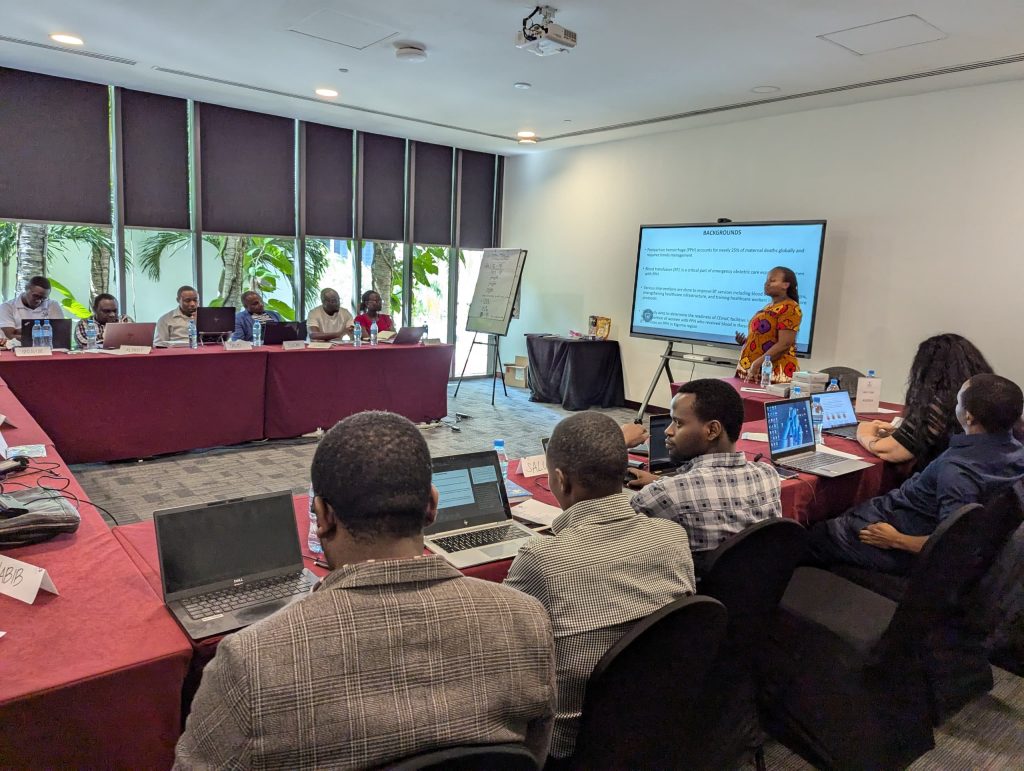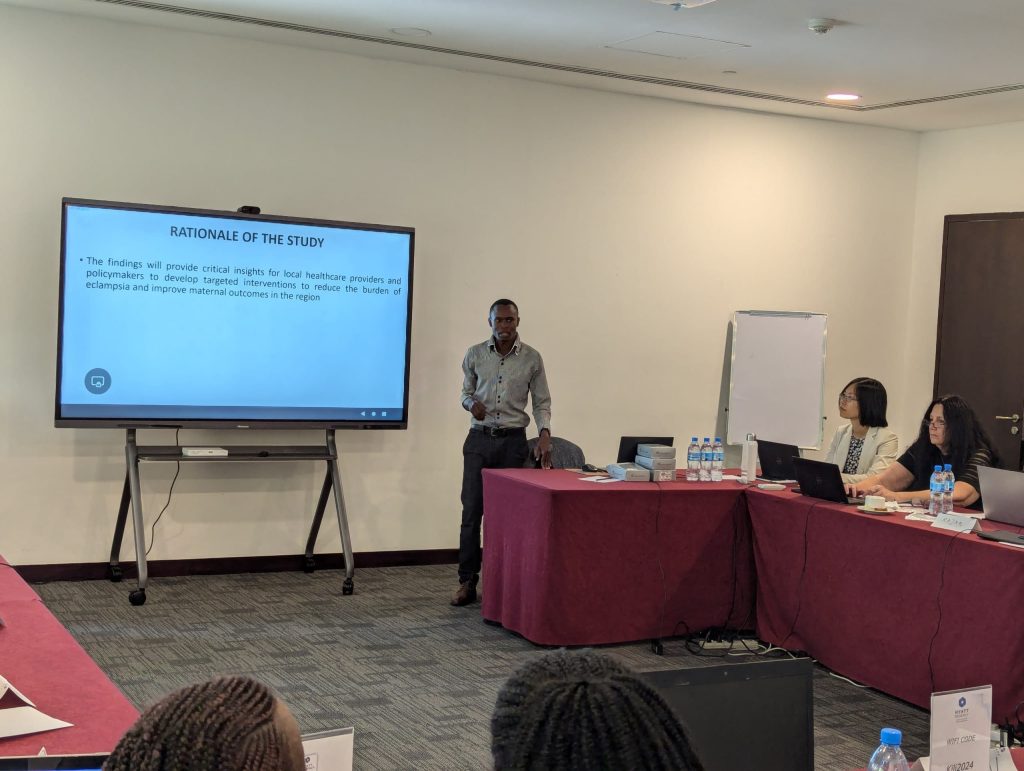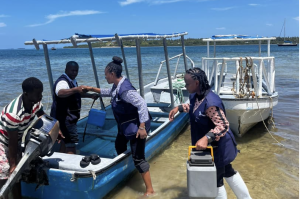Kigoma Program Data Analysis Workshop: Empowering Public Health Professionals to Boost Maternal and Child Health Outcomes in Tanzania
-
by
AFENET
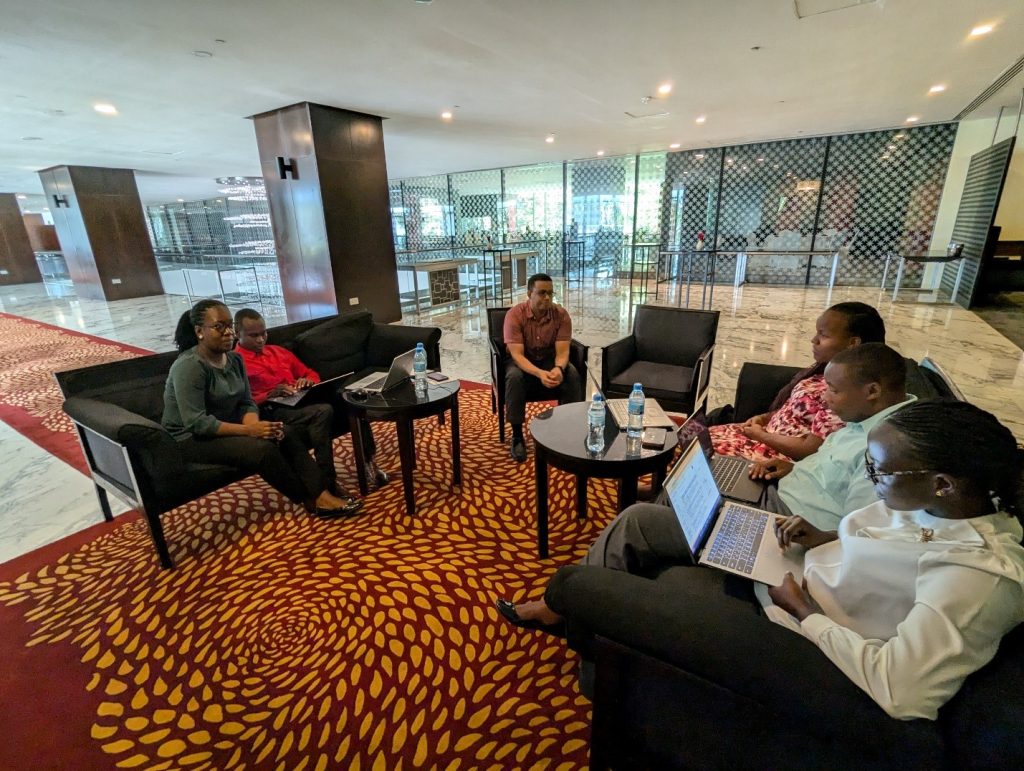
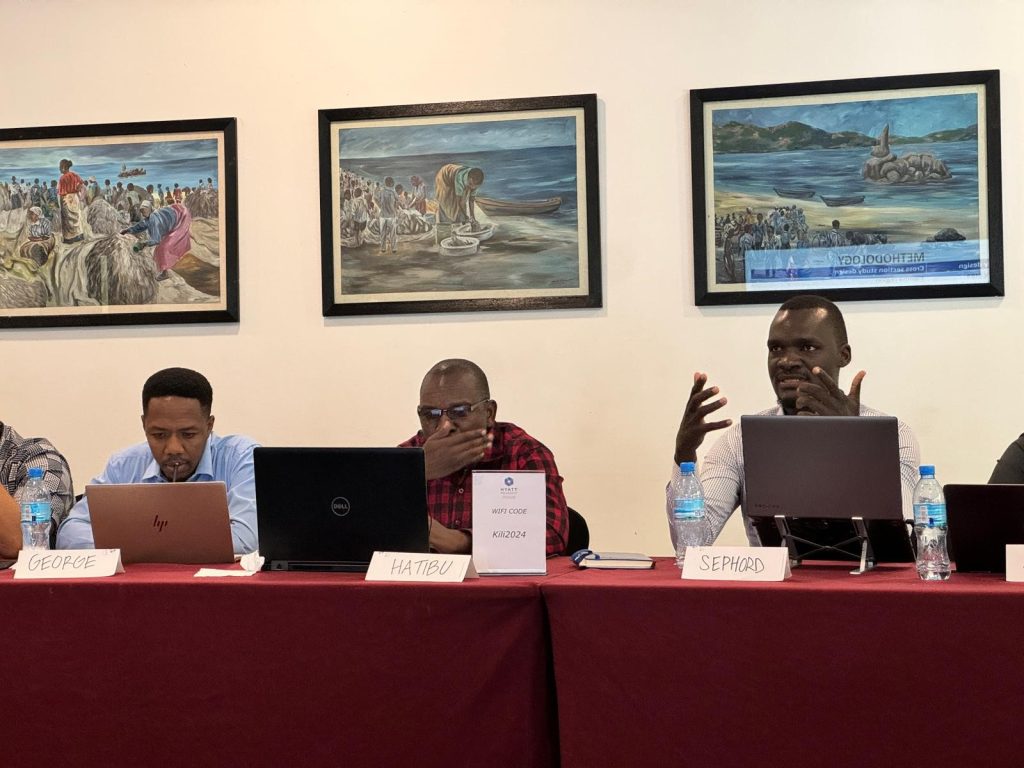
From September 9-14, 2024, the Hyatt Regency Hotel in Dar es Salaam became a hub for advancing public health research as the Centers for Disease Control and Prevention (CDC) and the CDC Foundation hosted a pivotal workshop. This event was centred on the Kigoma Program, a 13-year initiative dedicated to reducing maternal deaths in Kigoma, Tanzania.
The workshop’s core objective was to enhance participants’ proficiency in accessing and analyzing a range of data sources, including Health Facility Assessments (HFA), the Pregnancy Outcomes Monitoring System (POMS), and Reproductive Health Surveys (RHS). With a focus on practical skills, the workshop provided a platform for in-depth engagement with these crucial datasets.
Twenty participants from diverse institutions and programs took part in the event. These included representatives from the Kigoma Regional Health Management Team, the World Health Organization (WHO), the Ministry of Health’s Reproductive, Maternal, and Child Health Department (DRMCH), the CDC Foundation, and the Tanzania Field Epidemiology and Laboratory Training Program (TFELTP). Notably, among the participants were 11 Advanced TFELTP graduates and residents, comprising 3 graduates from Kigoma, 1 from MoH DRMCH, 1 Resident Advisor, and 6 current residents.
The workshop was led by epidemiologists from the CDC Division of Reproductive Health and data analysts from the CDC Foundation, who provided expert guidance on data analysis, interpretation, and the development of research proposals.
By the end of the workshop, participants had developed five research proposals. These proposals are set to undergo further development with the support of the CDC Foundation. The output from the proposals would be published in high-impact international peer-reviewed journals. The workshop also laid the groundwork for ongoing research efforts, leveraging the extensive data sets to address and mitigate maternal and newborn mortality in Tanzania.
This workshop not only strengthened the participants’ capacity for secondary research but also significantly advanced the collective effort to improve maternal and newborn health outcomes in the Kigoma region.
